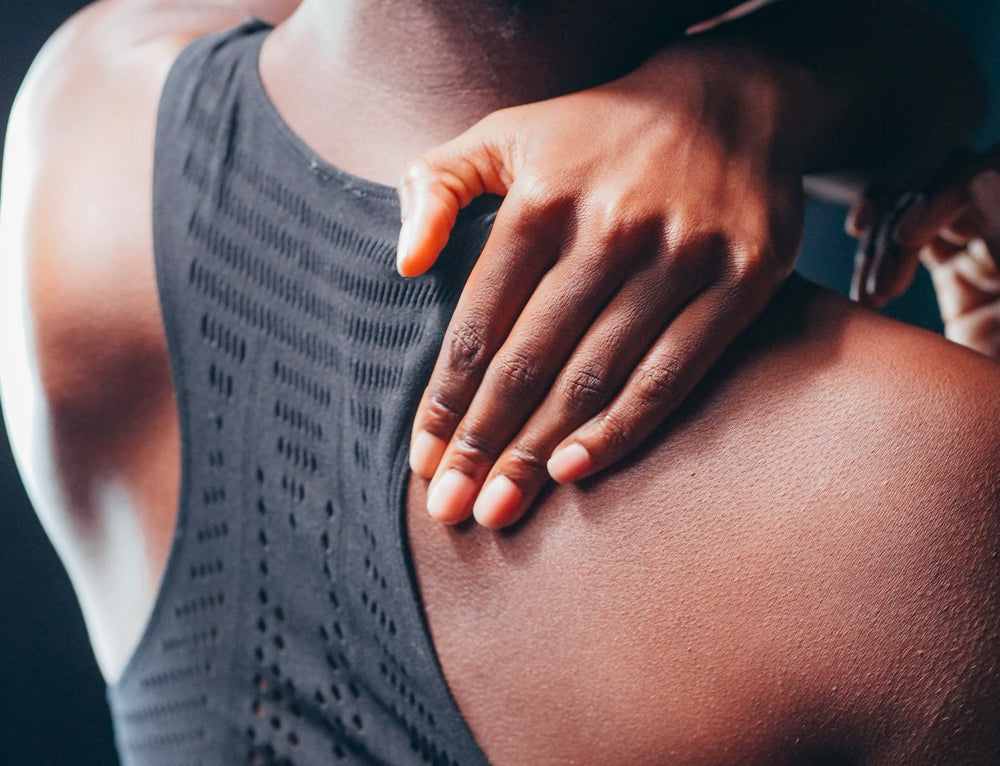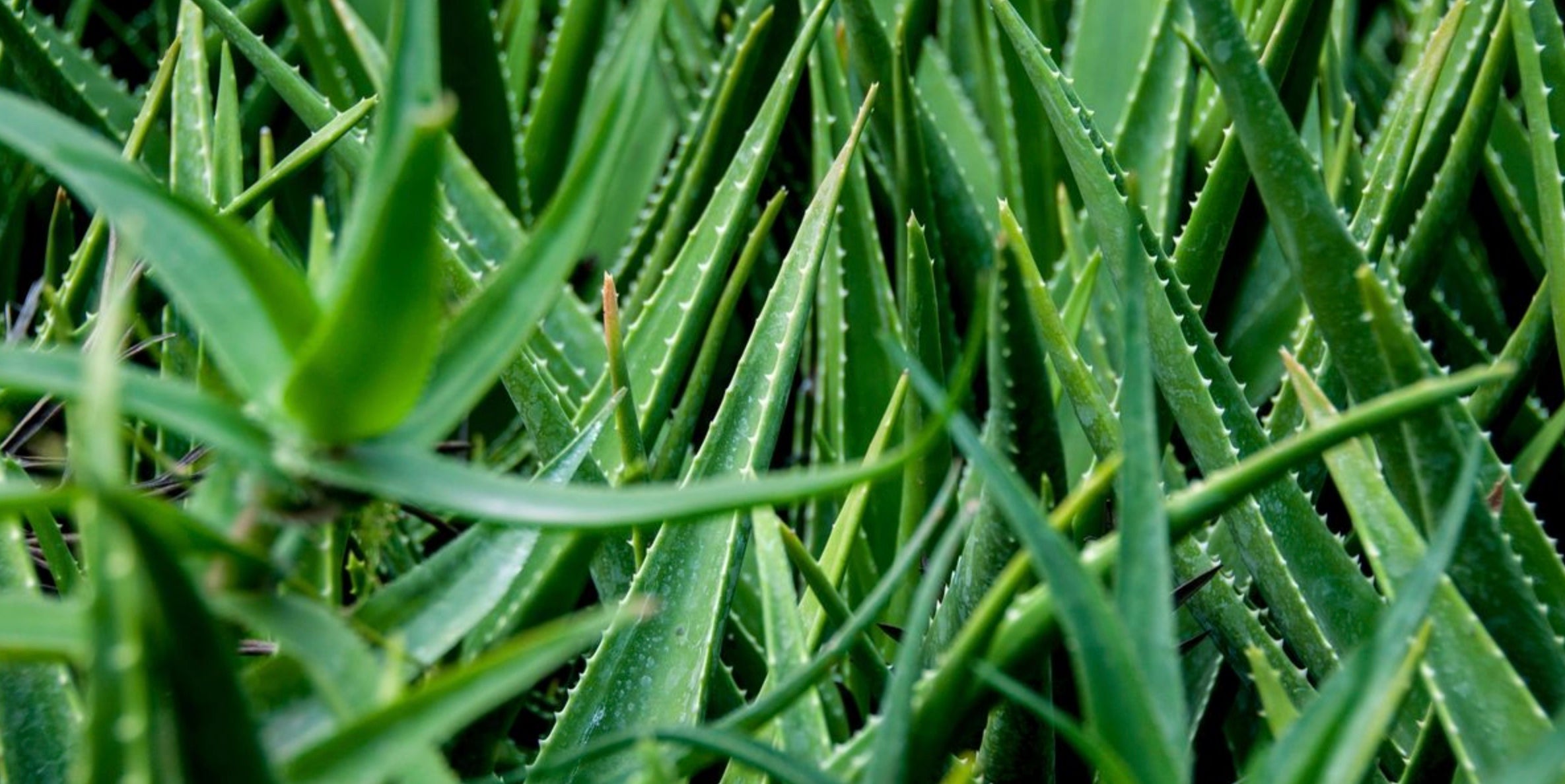Holistic Approach To Women’s Hormone Health

The female body is a miraculous creation. From her first menstrual cycle as a blossoming young woman, through carrying and nourishing new life in her prime, to her final hormonal shift as her hair starts to grey – the beautiful ebb and flow of a woman’s existence is unparalleled. Each stage of women’s hormone health must be met with grace and receptivity to the natural fluctuations of her ever-changing body.
Though each stage of a woman’s life is quite astounding, it still may be filled with its fair share of challenges. Hormonal changes and pain associated with a woman’s menstrual cycle must be met with strong coping mechanisms, the intense physical and emotional transformation that occurs during pregnancy and post-partum demand both immense strength and motherly softness, her bodies shifting hormones as she ages require even more adjustments to her health routine; and all of the above resulting in varying levels of stress in transition. Fortunately, the holistic woman has many methods available to her to assist in all stages of her life. From mind-body practices to supplements, alternative healthcare can support a woman’s journey and possibly ease some of her discomfort and stress along the way.
Mind-body practices can be instrumental in alleviating some of the challenges a woman may face in her cycles and times of transitions. Mind-body practices help to cultivate a strong sense of self-awareness. This self-awareness may provide a woman with a keen sense of what is happening within her body. With this connection, she may find the ability to recognize the full scope and beauty of the situation rather than just focusing on the pain or discomfort. Additionally, some evidence suggests that some mind-body practices may also help reduce physical irritations associated with menstruation and menopause. Examples of such practices include meditation, acupuncture, tai-chi and yoga. Introducing a young woman to these tools early on could be majorly beneficial in how she chooses to cope with challenges, pain and transitions throughout her life.
In addition to mind-body practices, there are many plant-based supplements that may support a women’s hormone health throughout the different stages of her existence. Traditional Chinese Medicine commonly uses a plant called Dong Quai to help improve woman’s health. Medicine is made from the root of the plant and is most often ingested orally for symptoms associated with menstruation and menopause.
Wild Yam is another plant often used in complementary women’s hormone health care. The root and the bulb of the Wild Yam plant contains a chemical called diosgenin, which is promoted as a natural alternative to the hormone estrogen. Wild Yam, or diosgenin, is also recommended to aid with vaginal dryness, premenstrual syndrome and menstrual cramps.
There are a number of other supplements that have been used to help alleviate both premenstrual and menopause symptoms in alternative medicine. The roots and underground stems from the herb, Black Cohosh, are made into dietary supplements recommended for both purposes. Additionally, Evening Primrose Oil, Ginseng and Chasteberry are also suggested for these uses. It is important to note that any supplement routine should be discussed with a medical professional prior to starting, as these products are not regulated by the Food and Drug Administration in the same way as conventional medicines.
How a woman decides to cope and transition with her bodies natural changes is a deeply personal decision. That being said, this article highlights just a few of the many options available beyond conventional medicine that may appeal to those interested in a more holistic approach to women’s health. These alternative methods are certainly worth researching and discussing with a trusted doctor to determine if this path might be right for you.
Sources:
https://nccih.nih.gov/health/tips/menopause
https://medlineplus.gov/menstruation.html
https://medlineplus.gov/periodpain.html
https://medlineplus.gov/druginfo/natural/936.html
https://medlineplus.gov/druginfo/natural/970.html
https://nccih.nih.gov/health/menopause/menopausesymptoms
https://www.womenshealth.gov/menstrual-cycle/premenstrual-syndrome




